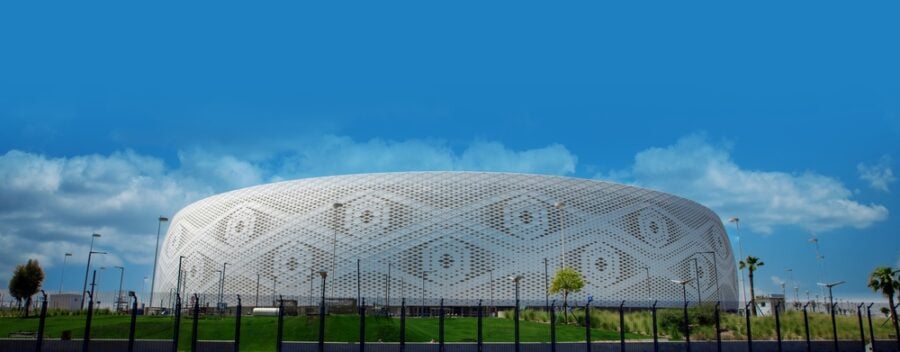Official data released Thursday in Qatar revealed that the rise in energy revenues led to a 12-fold jump in the Qatari budget surplus to 47.3 billion riyals (12.8 billion dollars) in the first half of 2022, compared to a surplus of 4 billion riyals during the same period last year. Which boosted the fortunes of one of the world’s richest countries.
The Qatari budget for 2022 was based on a reference price of a barrel of oil at $55, which reached almost double that, having originally estimated expenditures of 204 billion riyals, revenues of about 196 billion riyals, and a deficit of 8.3 billion riyals.
In Q1 2022, Qatar’s general budget achieved 13.6 billion riyals, supported by the growth of oil sector revenues.
A few days ago, the International Monetary Fund expected that Qatar’s public finances in 2022 would record a surplus of 44.6 billion riyals, which represents about 7 percent of the total GDP.
The Fund estimated that the general revenues of the Gulf state will record 280 billion riyals this year, compared to expected expenditures of 235 billion riyals.
Based on official data, it is expected that the amounts that will be achieved until the end of this year will exceed the estimates of the International Monetary Fund, assuming the continuation of the current pace of oil prices, and in the absence of any development that leads to a decline in global demand and thus lower prices.
In the latest figures issued, the revenues of the oil and gas sector jumped during the first half of this year, to 117.6 billion riyals (32.3 billion dollars), compared to 70.4 billion riyals (19.3 billion dollars) in the first half of 2021, which represents an increase of 67 percent.
Gas supplies the Qatari treasury
Qatar, like other oil and gas producing and exporting countries, has benefited from higher prices following the start of recovery from Covid-19 and as a result of the Russian-Ukrainian war. Qatar is preparing to host the FIFA World Cup, trying to invest in to achieve economic goals related to promoting tourism and revitalizing the economy, especially in terms of foreign investments that the country needs as part of its strategy to diversify its economy.
It would also enhance the long-term supply of liquid natural gas contracts. The interest of the Europeans in buying liquid gas from Qatar as compensation for the Russian market will benefit the Gulf state.
Qatar ranks second among the world’s largest LNG exporters, after its exports last year recorded an estimated 77.4 million tons.
It had announced the world’s largest liquefied natural gas project, the Northeast Field project, which is set to raise Qatar’s LNG production capacity from 77 million tons per year to 110 million tons per year. The project, expected to start production in the fourth quarter of 2025, will cost approximately $28.75 billion.
Qatar is also planning another expansion phase in the North Field, the world’s largest natural gas field, which it shares with Iran. The second expansion phase will be the North South Field project, which is set to increase Qatar’s LNG production capacity from 110 million tons per year to 126 million tons per year, with an expected production start date of 2027.
The state-owned QatarEnergy company recently selected major international companies such as ExxonMobil, ConocoPhillips, Shell, Eni and Total Energy as partners in the South North Field expansion project.
Hence, the Qatari economy is expected to witness significant growth in the coming years, driven by its hydrocarbon activities and in light of its unremitting efforts to diversify the economy.
Two days ago, the Arab Monetary Fund expected the Qatari economy to grow by 4.4 percent this year and 3.6 percent in 2023, supported by the boom in activities related to hosting the World Cup and the growth of non-hydrocarbon activities. This is in addition to its vital role in the global gas market, which enhances the prospects for the growth of the local economy.








